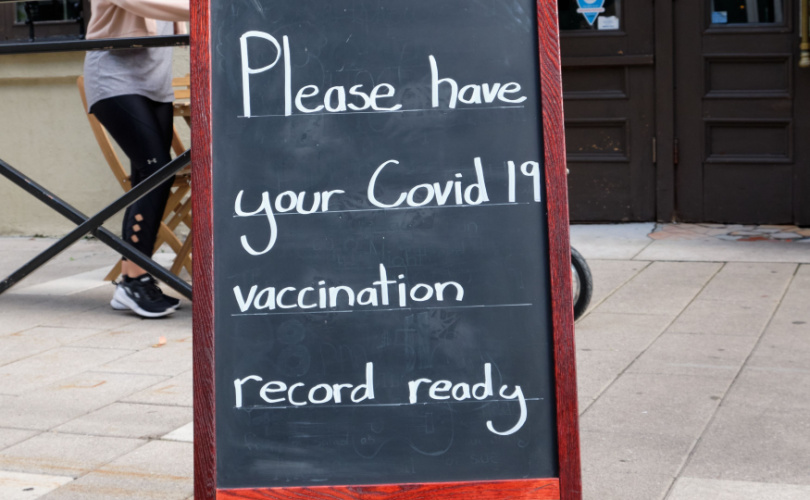Bill C-278, a proposal championed by Conservative Party of Canada (CPC) leader Pierre Poilievre, aimed to restore Canadians’ “bodily autonomy” by prohibiting future vaccination mandates for employment and travel. Unfortunately, this bill was defeated in a recent vote, with Prime Minister Justin Trudeau’s Liberal Party and other political parties opposing it. In this article, we will explore the details of Bill C-278 and the implications of its rejection.
The Defeat of Bill C-278: With 114 votes in favor and 205 against, Bill C-278, officially titled “An Act to prevent the imposition by the Federal Government of vaccination mandates for employment and travel,” was defeated during its second reading. Notably, all Liberal, Bloc, Green, and NDP MPs voted against the bill, while 114 CPC MPs supported it. Three MPs, one from the Liberal Party, one from the Conservative Party, and one from the Bloc, abstained from voting.
Promotion and Introduction of Bill C-278: Bill C-278 was heavily promoted by Pierre Poilievre and was initially introduced in the House of Commons in June 2022. CPC MP Dean Allison also sponsored the bill. The central purpose of this bill was to prevent any future government from imposing COVID vaccination mandates on its employees and travelers.
Support for the Bill: CPC MP Leslyn Lewis, one of the few party members who openly opposed COVID vaccination mandates, expressed her gratitude to Pierre Poilievre and Dean Allison for their advocacy of vaccine freedom. She emphasized that the response to COVID-19 had witnessed governmental overreach, limiting personal medical choices and freedoms. Lewis praised the bill for ensuring that Canadians would not be used or divided for political gain in the future.
Criticism of Trudeau’s Handling of COVID Mandates: During the parliamentary discussions surrounding Bill C-278, Pierre Poilievre criticized Prime Minister Trudeau for his approach to COVID workplace and travel mandates. He accused Trudeau of dividing and insulting millions of Canadians and questioned the credibility of his claims regarding personal choice.
Dean Allison also criticized the Liberal government for its actions during the pandemic, alleging that it insulted, punished, and discriminated against more than six million Canadians. He stressed the importance of accountability for what transpired during the pandemic.
Poilievre argued that Trudeau seemed to deny forcing mandates on anyone and suggested that supporting Bill C-278 would be consistent with this stance. The bill aimed to ensure that such mandates would not be reimposed in the future.
Trudeau’s Controversial Statements: Prime Minister Trudeau faced criticism in April for claiming he did not “force” anyone to take the COVID-19 shots. In October 2021, he announced unprecedented COVID-19 vaccination mandates for federal workers and those in the transportation sector, which restricted the unvaccinated from domestic and international travel. This policy led to job losses and non-compliance leaves for many individuals and left unvaccinated Canadians unable to travel.
Trudeau’s controversial statements during the pandemic, including referring to those who chose not to get vaccinated as terrible people and implying that they did not believe in science, have drawn significant public attention and criticism.
Conclusion: The defeat of Bill C-278 reflects the deep divisions and controversies surrounding vaccination mandates and personal freedoms in Canada. While some see it as a battle for “bodily autonomy,” others argue that it is a necessary measure to protect public health. The bill’s rejection underscores the ongoing debate about the role of mandates and personal choice in the context of public health crises.










